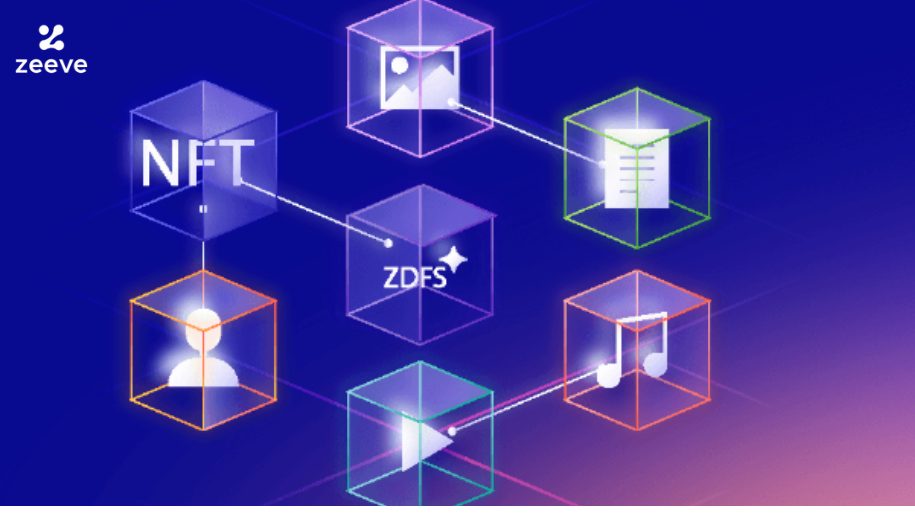California, US, The IPFS is an Interplanetary File System, a protocol that provides distributed file storage around the globe for storing and serving files.
The man behind the idea of IPFS is Juan Benet, a programmer who founded Protocol Labs in 2014. The idea was to build a P2P network throughout the globe in a decentralized way to store and distribute information. The IPFS works on the well-known Distributed Hash Table (DHT) technology and is used in the BitTorrent Protocol; thus, IPFS provides some function for the P2P network.
If someone uses the IPFS protocol and stores some data on the IPFS network through their computer, then anyone worldwide can access that file using IPFS.
Distributed file system service provides secure decentralized storage for digital assets like NFTs.
IPFS solves the vital problem of the internet by providing gigantic storage space. The idea of IPFS is to give access to the data in the user’s hand and store the data in a completely decentralized way. Using the IPFS, the interactions can become fully transparent as it gets integrated with the applications and websites, unlike BitTorrent, which is limited to only sharing files.
3 Traits of IPFS –
1. Decentralization –
Decentralization assures downloading the data from anywhere across the globe if there is any mess in the web servers. As the files on the IPFS come from different locations, it is difficult to censor content for states or corporations.
2. Content Addressing –
One of the most striking highlights of IPFS is that the information search is not done on a location basis; instead, IPFS searches information through its content. The content is a string of letters known as “Content Identifier (CID).”
3. Participation –
Compared to the Modern World Wide Web, which focuses on access and ownership. The IPFS focuses on two things –
1.Possession means people hold each other’s files in storage.
2.Participation means people ensure the availability of all the files.
Act as a Backbone for NFT –
Interplanetary File System (IPFS) plays a vital role and is the backbone of Non-Fungible Tokens (NFTs). Usually, the NFT projects are saved on random web file storage to host the files, which holds the danger of the file being lost. The Savvy NFT buyer only selects those NFT projects where the digital assets or art is hosted on IPFS.
The only disadvantage of hosting on an IPFS network is that someone needs to host physically from somewhere. However, there are numerous layers to ensure that storage stays up, but they still need a hard drive connected to the internet.
IPFS plays a significant role in NFT projects by solving one of the NFT challenges. The metadata of the NFT has to be stored somewhere accessible when required. When NFT is bought or sold, the metadata is stored on the blockchain, but the image has to be held in some file around random web file storage. And after a few years, those links expire, reflecting a “404 error.”
Zeeve distributed file system, which is built using IPFS by experts to integrate decentralized storage services.
The IPFS, an open-source protocol, provides a potential solution to the problem of NFT storage. The token part of the NFT remains on the blockchain, but the asset-like image holds in some web file storage. The NFT contains an HTTP URL, meaning the data’s location is somewhere on the internet. Because of this, numerous questions arise regarding the security of the asset.
IPFS can help the NFT asset by storing and retrieving content through a cryptographic hash called Content Identifier (CID). Through the usage of CID in IPFS, when used in NFT projects, the NFT will provide data rather than an HTTP URL link.
IPFS is a top layer of data storage with the compatibility of any data storage system. Whenever the Content Identifier (CID) is broadcasted, the IPFS can retrieve data from a centralized provider or decentralized storage protocols.
Media Contact
Company Name:-Zeeve Inc.
Email:-[email protected]
Company Website:-https://www.zeeve.io/



